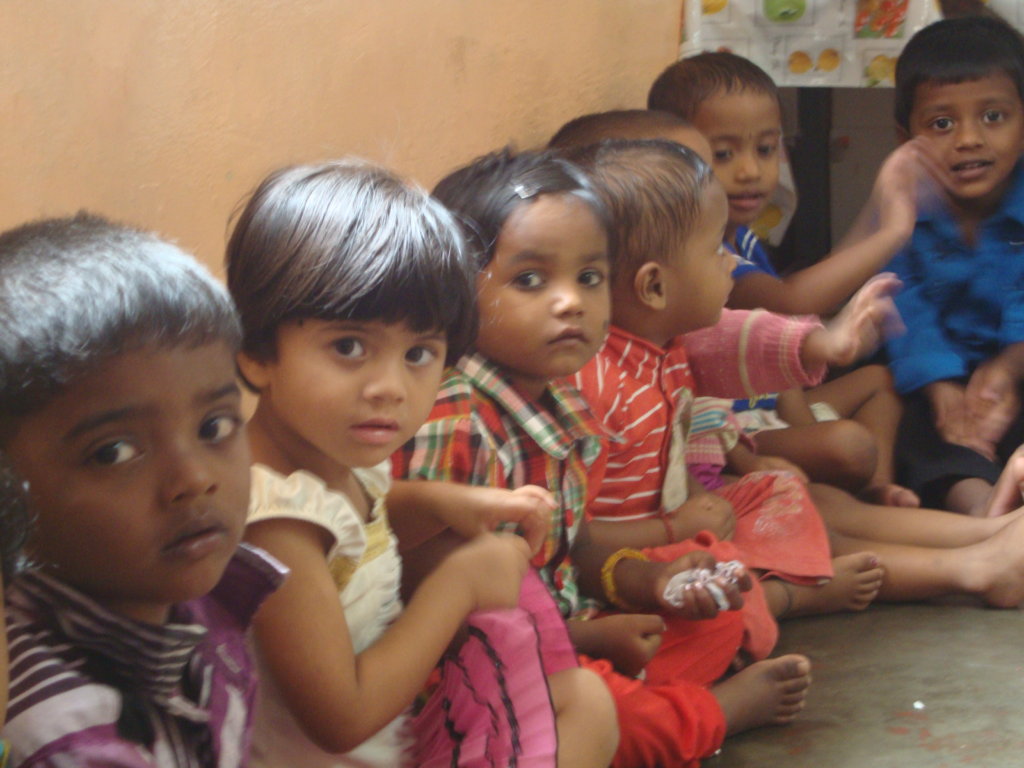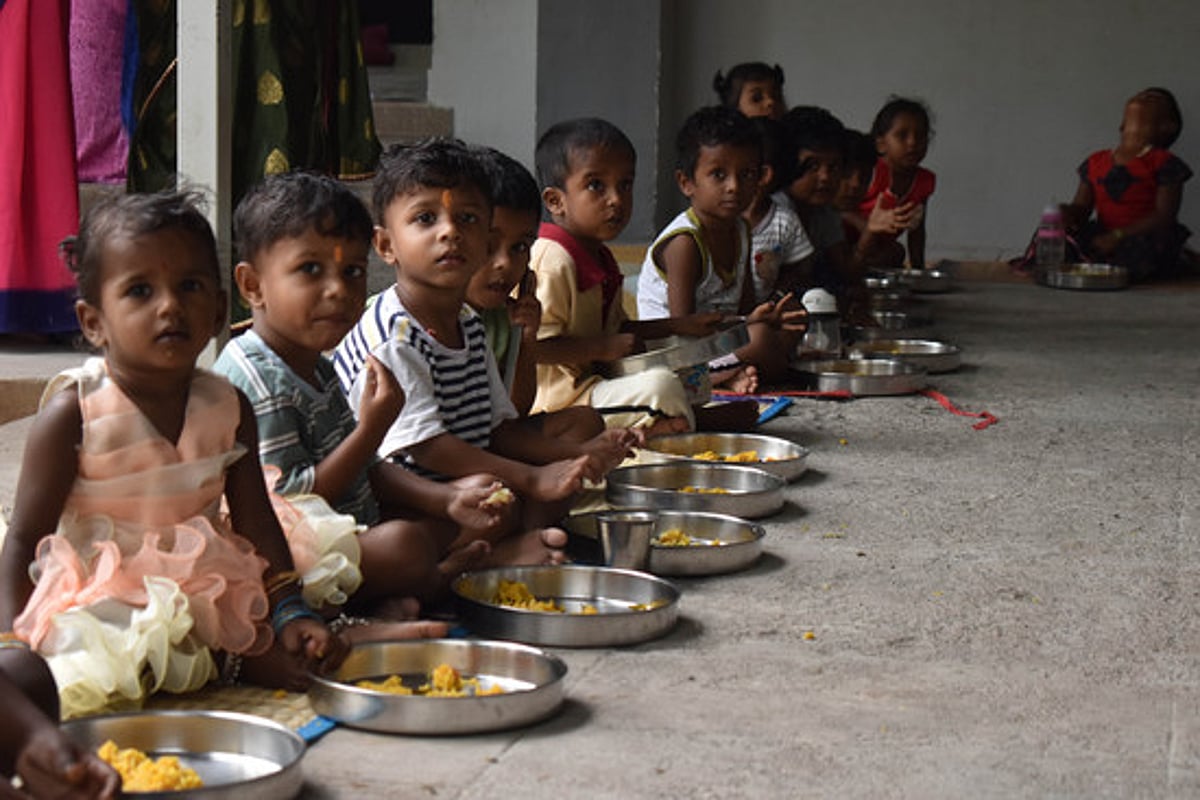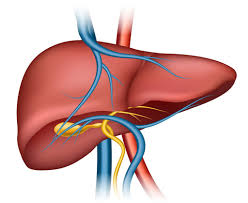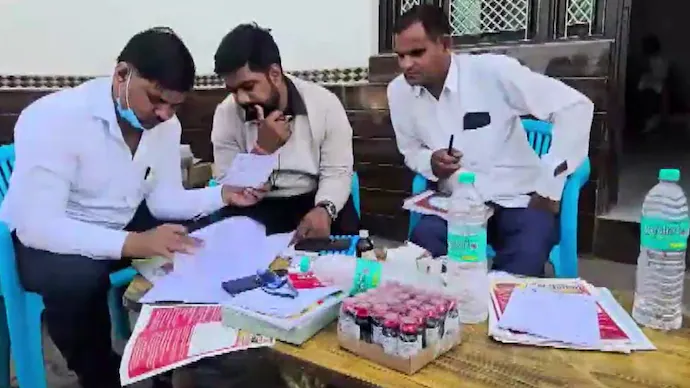Bengaluru Study Reveals Moderate Child Food Poverty in Urban Slums Despite Nutrition Schemes
- bykrish rathore
- 24 September, 2025

A new study from Bengaluru has highlighted a concerning nutritional crisis among children living in the city’s urban slums. Researchers found that more than 64% of children aged between 2 and 5 years are experiencing moderate child food poverty. Worryingly, only around 8.7% of these children are meeting both their daily energy and protein requirements.
The findings suggest that while India’s government nutrition programmes — including the Integrated Child Development Services (ICDS) and the Mid-Day Meal Scheme — have helped improve food security in some areas, they are falling short in addressing the unique challenges faced by families in slum settlements. Factors such as household poverty, family structure, low maternal education, and frequent child illnesses were strongly linked to inadequate nutrition.
In many cases, children’s diets remain dominated by cheap carbohydrate sources, with very limited access to protein-rich foods like pulses, eggs, milk, and vegetables. Additionally, illnesses and food restrictions further weaken dietary diversity. The study warns that unless interventions are strengthened, child malnutrition in these communities will persist despite existing schemes.
Experts stress the need for targeted improvements, including enhanced dietary diversity in Anganwadi meals, nutrition education for mothers, better monitoring of vulnerable households, and stronger integration of healthcare and sanitation with nutrition programmes. Addressing these gaps could help ensure that children in Bengaluru’s slums grow up healthier and with better chances of development.

Note: Content and images are for informational use only. For any concerns, contact us at info@rajasthaninews.com.
40 के बाद शर्ट से बा...
Related Post
Hot Categories
Recent News
Daily Newsletter
Get all the top stories from Blogs to keep track.







_1772465804.jpg)
_1772465408.jpg)
_1772464394.jpg)
_1772463878.jpg)
